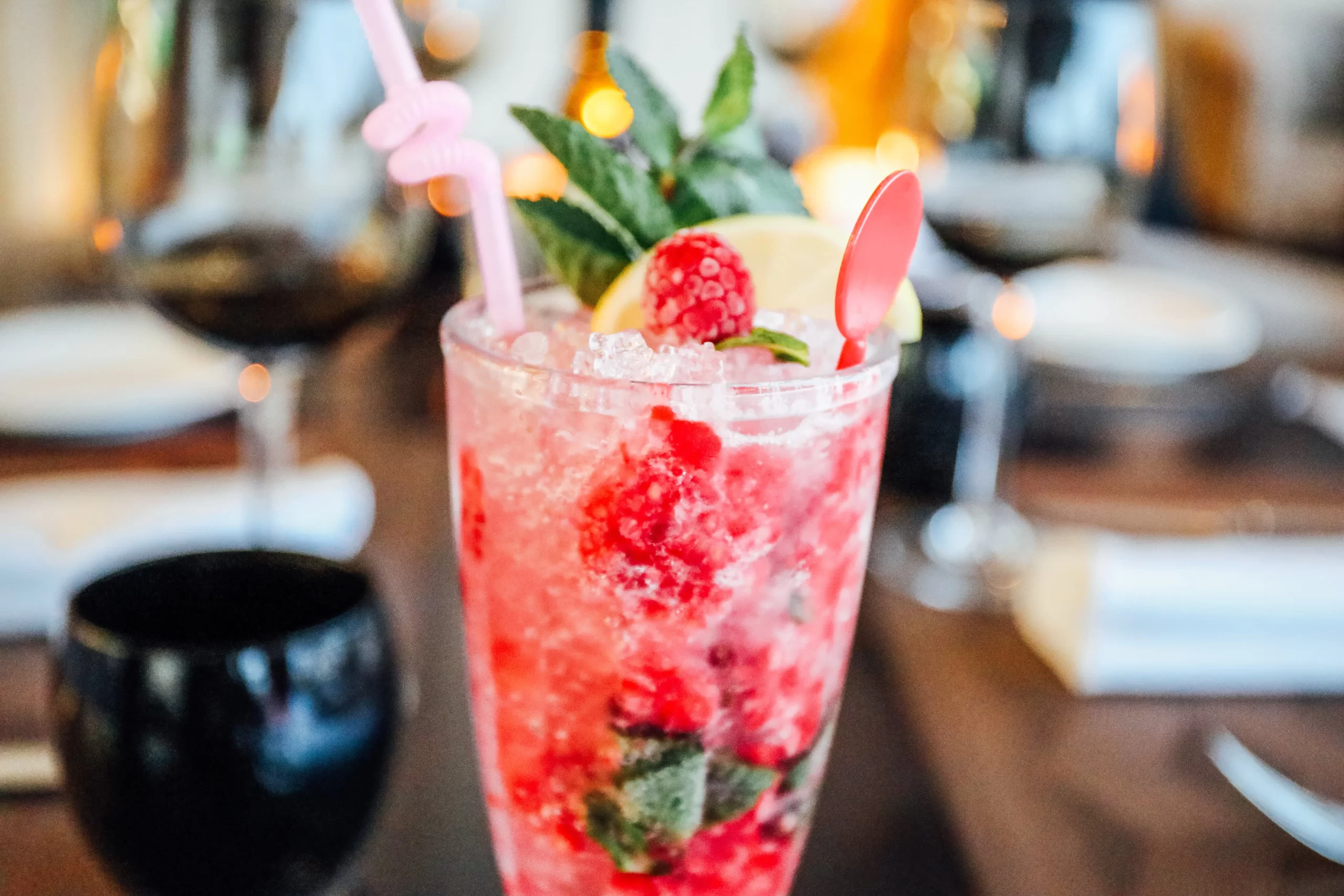Can You Freeze Cold Pressed Juice?

Cold-pressed juice is a method of juicing that involves extracting juice from fruits and vegetables using a hydraulic press. The process is called “cold-pressed” because it doesn’t produce heat, which is believed to help preserve more of the natural nutrients and enzymes in the juice compared to traditional centrifugal juicing methods.
Cold press juicers typically extract more juice from the same amount of produce compared to centrifugal juicers. The slower, more thorough extraction process ensures that the maximum amount of liquid is extracted from fruits and vegetables.
Table of Contents
Can You Freeze Cold Pressed Juice?
Freezing cold-pressed juice is a practical way to extend its shelf life while retaining much of its nutritional value and flavor.
Here’s a more detailed explanation of the process:
1. Choosing the Right Container
Select a container that is suitable for freezing. Containers are made of glass or plastic. Ensure that the container is freezer-safe and has a tight-sealing lid to prevent air and ice crystals from affecting the juice’s quality.
2. Leave Adequate Space for Expansion
Liquids, including juice, expand as they freeze. Leave some space at the top of the container to accommodate this expansion and prevent the container from cracking. This is particularly important if you’re using glass containers.
3. Shake Well Before Freezing
Cold-pressed juices may separate into layers over time. Before freezing, give the juice a thorough shake to mix the components and ensure an even distribution of nutrients and flavors.
4. Labeling and Dating
It’s a good practice to label the containers with the date of freezing. This helps you keep track of how long the juice has been in the freezer and ensures that you use the oldest juice first, maintaining freshness.
Read More: Does Cold-Press Juice Have Fiber?
5. Thawing Process
When you’re ready to consume the frozen juice, transfer the container to the refrigerator for slow and controlled thawing. Avoid rapid thawing methods like microwaving, as they can lead to uneven thawing and affect the quality of the juice.
6. Quality Considerations
While freezing helps preserve the nutritional content of the juice, some changes in texture and flavor may occur. Certain fruits and vegetables might experience alterations in consistency upon thawing. Consider testing a small batch before freezing a larger quantity to assess the impact on taste and texture.
7. Optimal Consumption Time
For the best quality, it’s advisable to consume frozen cold-pressed juice within 2-3 months. While the juice can be safe to consume beyond this timeframe, its taste and texture might not be as optimal.
8. Storage Tips
Store the frozen juice in a dedicated section of the freezer, away from strong-smelling foods to prevent odors from affecting the juice’s taste. Keep the freezer at a consistent temperature to maintain the quality of the juice.
How Long Does a Cold Press Juice Last?
The shelf life of cold-pressed juice can vary depending on various factors, including the ingredients used, the storage conditions, and whether or not the juice has been pasteurized.
Here are some general guidelines:
Refrigerated Fresh Cold-Pressed Juice
Unpasteurized, fresh cold-pressed juice, when kept refrigerated, typically has a short shelf life. It is recommended to consume this type of juice within 3 to 5 days of purchase or preparation to ensure optimal taste and nutritional quality.
High-Pressure Pasteurized Cold-Pressed Juice
Some commercial cold-pressed juices undergo high-pressure processing (HPP), a form of pasteurization that uses pressure rather than heat to kill bacteria. HPP extends the shelf life of the juice, allowing it to stay fresh for a longer period, usually around 30 to 45 days when refrigerated.
Frozen Cold-Pressed Juice
When properly frozen and stored in airtight, freezer-safe containers, cold-pressed juice can last for several months. It’s generally recommended to consume frozen juice within 2 to 3 months for optimal taste and nutritional quality.
It’s important to check the expiration date on commercially produced cold-pressed juices, as this can provide specific information about the product’s freshness. Additionally, always follow any storage guidelines provided by the manufacturer.
Keep in mind that the shelf life can be influenced by the types of ingredients used. Ingredients with higher sugar content may lead to a shorter shelf life due to the potential for fermentation or other microbial activity.
To maximize the shelf life of your cold-pressed juice, store it in the refrigerator at or below 40°F (4°C) and follow any storage instructions provided by the manufacturer or juicer. If you have any doubts about the freshness of the juice, such as changes in color, odor, or taste, it’s advisable to err on the side of caution and not consume it.
Conclusion
In summary, freezing cold-pressed juice is a viable option for extending its shelf life while preserving its health benefits. By following proper freezing and thawing techniques, enthusiasts can enjoy the nutritional goodness of cold-pressed juice even beyond its typical short shelf life.
Whether you’re making large batches for convenience or looking to reduce waste, freezing cold-pressed juice offers a solution that allows you to savor its freshness whenever you desire.